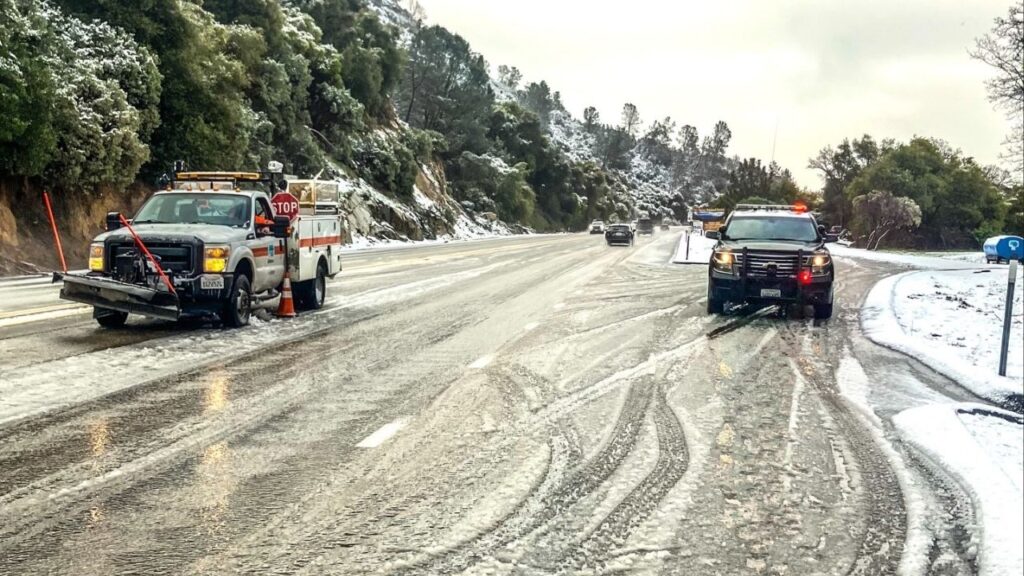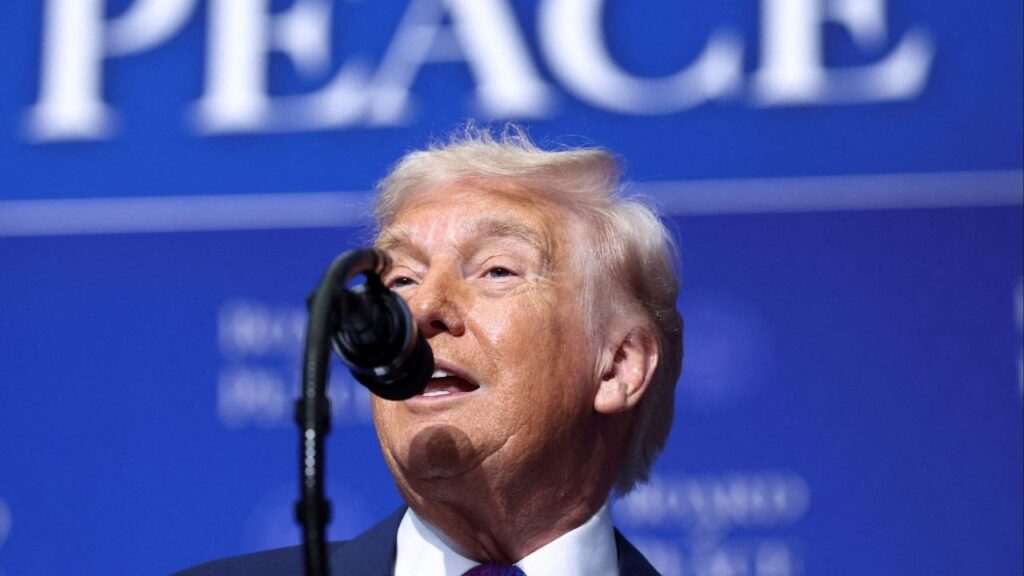Share
Social distancing during the COVID-19 pandemic implies many painful losses. Among them are so-called “third places” – the restaurants, bars, gyms, houses of worship, barbershops, and other places we frequent that are neither work nor home.

Opinion
Setha Low
The Conversation
The third place is a concept in sociology and urban planning that recognizes the role these semi-public, semi-private places play in fostering social association, community identity and civic engagement. In giving people a familiar setting for social interaction among regulars, they encourage “place attachment” – that is, the bond between a person and a place.
Now, experiencing the coronavirus from the fortress of our living spaces, we may enjoy the feeling of being in a haven that protects against this invisible new enemy. But we’ve lost the social and psychological intimacy of third places.
It is a significant loss. My three decades of research on urban spaces finds that both public spaces and third places contribute to a healthy and flourishing society.
Places to ‘Feel at Home’
Third spaces have probably always existed. From attending social clubs and religious gatherings to neighborhood festivals and burial societies, people have long formed associations that bring groups together.
Most of these associations reflected genealogical, religious, gender, cultural or class homogeneity. Often, they were formed to fulfill a social function like raising funds or completing a group task. They were not necessarily geographically located in a particular place.

Contemporary third places, in contrast, are always space-based. When urbanists use the term, they’re referring to a physical setting with a boundary or entrance designed to allow, even encourage, access to a variety of people – like a coffee shop with a bright sign and an open door.
Staff and regulars are part of the scene here. But so are strangers. While not as diverse or accessible as public spaces, third places rely on a certain amount of heterogeneity to convey social importance and bring vitality.
In this way, third places complement public spaces like parks, plazas, playgrounds, streets and sidewalks – free and open places that offer contact, cooperation and even conflict with a range of mostly unknown people.
If public spaces expand our social relationships and liberalize our world view, third places anchor us to a community where we are recognized and our needs accommodated. Third places are predictable and comfortable – a setting where we feel “at home.”

‘It is not the same’
Those sheltering in place are now missing their third places acutely.
Recently, I spoke with some young men who are still gathering in a local state park near my home. They were sharing a pizza, hidden from view. They told me how hard it is not to be able to hang out at the pizza shop itself. It was their third place.
Grace, an older friend of mine from Manhattan, told me she feels “cut off” because she can’t go to the neighborhood restaurant where she knows the chef by name and enjoys sitting at the bar after work.
I still get coffee every morning at the Golden Pear on the east end of Long Island, where I live, wearing a mask and gloves. Normally, I’d eat breakfast there while exchanging greetings and conversing in English and Spanish with friends and staff.
Now I take my coffee to an empty beach to drink. It is not the same.

As my colleague Judy Ling Wong observes, from London, where she lives alone, this lockdown is a time of “severe disorientation.”
Phoning friends has almost a “ritualistic feel to it,” she writes. It is “done to maintain our hold on social connections.”
Gated against coronavirus
Our collective loneliness during the pandemic exposes how dependent we are on one another for happiness – and how interconnected we really are.
Healthy societies depend on continuing interaction among people who are different in a multiplicity of ways. Third places are prime venues for such interactions because our shared enjoyment of its services – a love of coffee, music, or for working out – assures that even strangers have at least one thing in common.
I have studied people who live in gated communities – places bereft of such diverse interactions. I found that even in a supposedly secured space, they worry about crime and feel anxiety when they walk outside the gates of their neighborhood. Children who grow up in such places learn, implicitly or intentionally, to fear those who are outside the walls, including their own families’ workers, nannies or delivery people.

Because of the potential of contagious strangers, the coronavirus creates a similar us-versus-them mentality. Without third places and public spaces where people come into regular contact with others outside their circle, such thinking can become ingrained. It can metastasize from prudent public health advice to paranoia and prejudice.
The coronavirus, in other words, challenges not only our physical, mental and economic health but also our social health.
Third places provide the daily glue that binds us to a particular location and to the people who frequent it. With them, we construct a chosen community, a broader public realm. Without them, I worry, the associations that weave a complex society together will fray.
About the Author
Setha Low, Distinguished Professor of Anthropology, Geography and Psychology and Director of the Public Space Research Group, CUNY Graduate Center. This article is republished from The Conversation under a Creative Commons license. Read the original article.
RELATED TOPICS:
Categories
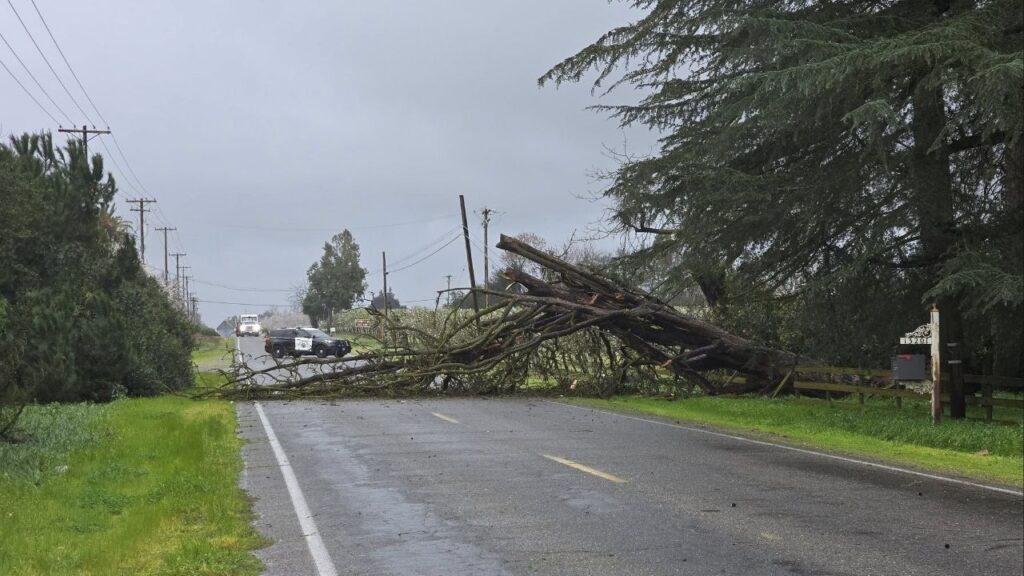
Tree Blocks Road, Cuts Phone Lines in Merced County
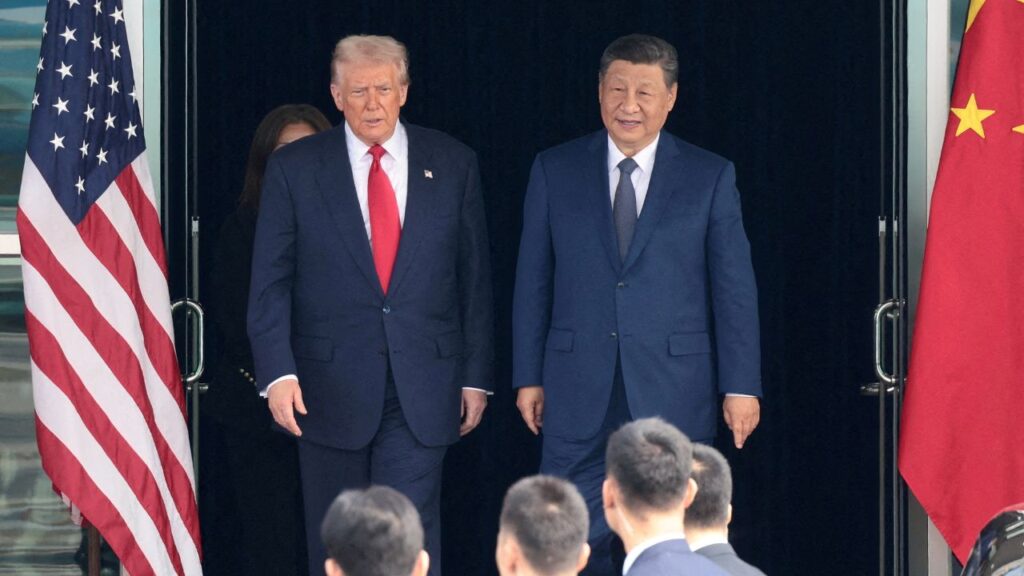
How China Plans to Dominate Global Trade Long after Trump
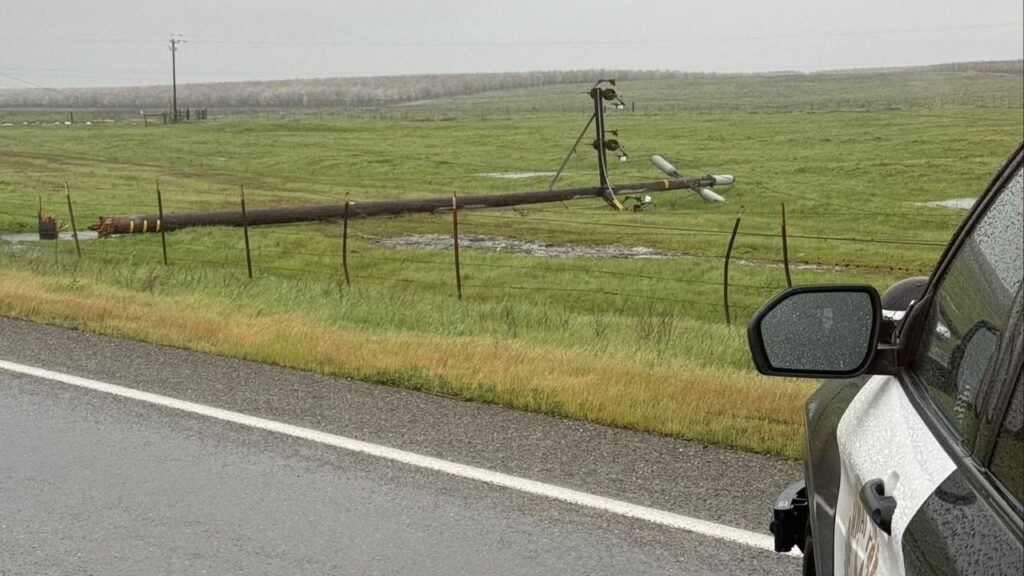
Merced County Traffic Impacted by Downed Power Poles

Where the US Is Building Up Military Force Near Iran
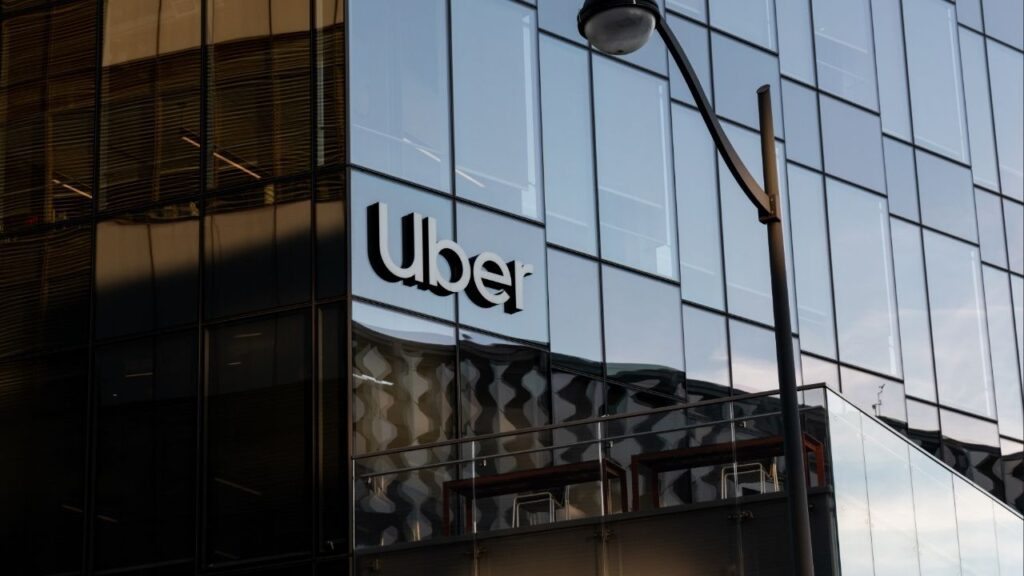
Uber Moves to Enact Stricter Background Checks for Drivers
